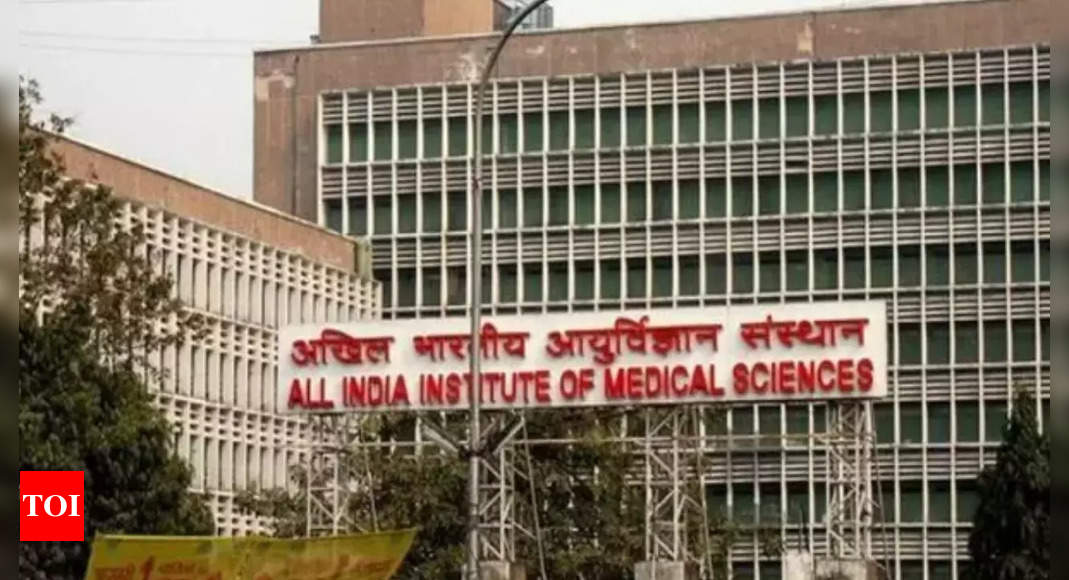The health ministry of India has announced that the recent cases of Mycoplasma pneumoniae detected at AIIMS, Delhi are not linked to the surge in respiratory infections among children seen in different parts of the world, including China. According to the ministry, these seven cases are part of an ongoing study and should not be a cause for concern. The health ministry also reported that since January 2023, none of the 611 samples tested at AIIMS Delhi have shown any Mycoplasma pneumoniae presence. This ongoing study is part of the department of microbiology’s efforts to conduct multiple respiratory pathogen surveillance. The government highlighted that Mycoplasma pneumoniae is the most common bacterial cause of community-acquired pneumonia, responsible for 15-30% of all such infections. However, no surge of Mycoplasma pneumoniae infections has been reported in any part of India. The situation is being closely monitored by the health ministry. A recent report published in Lancet Microbe provides details of a global surveillance initiative conducted in 45 sites across 24 countries. The goal of this surveillance was to monitor the presence of Mycoplasma pneumoniae. According to the report, in countries where M. pneumoniae has re-emerged, the number of cases is comparable to pre-pandemic levels. However, the report stresses the need to monitor the development of re-emergence to evaluate if case numbers will escalate to epidemic levels or result in a significant wave of infections, similar to what was observed for other pathogens. The report also states that the progression and severity of Mycoplasma pneumoniae re-emergence are difficult to predict, and the impact on the occurrence of rare severe diseases and extrapulmonary manifestations due to reduced exposure remains unknown. The report outlines M. pneumoniae’s unique characteristics, such as being one of the smallest self-replicating organisms, having a reduced and stable genome, lacking a cell wall, slow growth, and requiring close contact for transmission. The health ministry assures that it is keeping a watchful eye on the situation.
Health Ministry: Pneumonia Cases Detected in Delhi Not Tied to China Infections

-
Uncategorized










